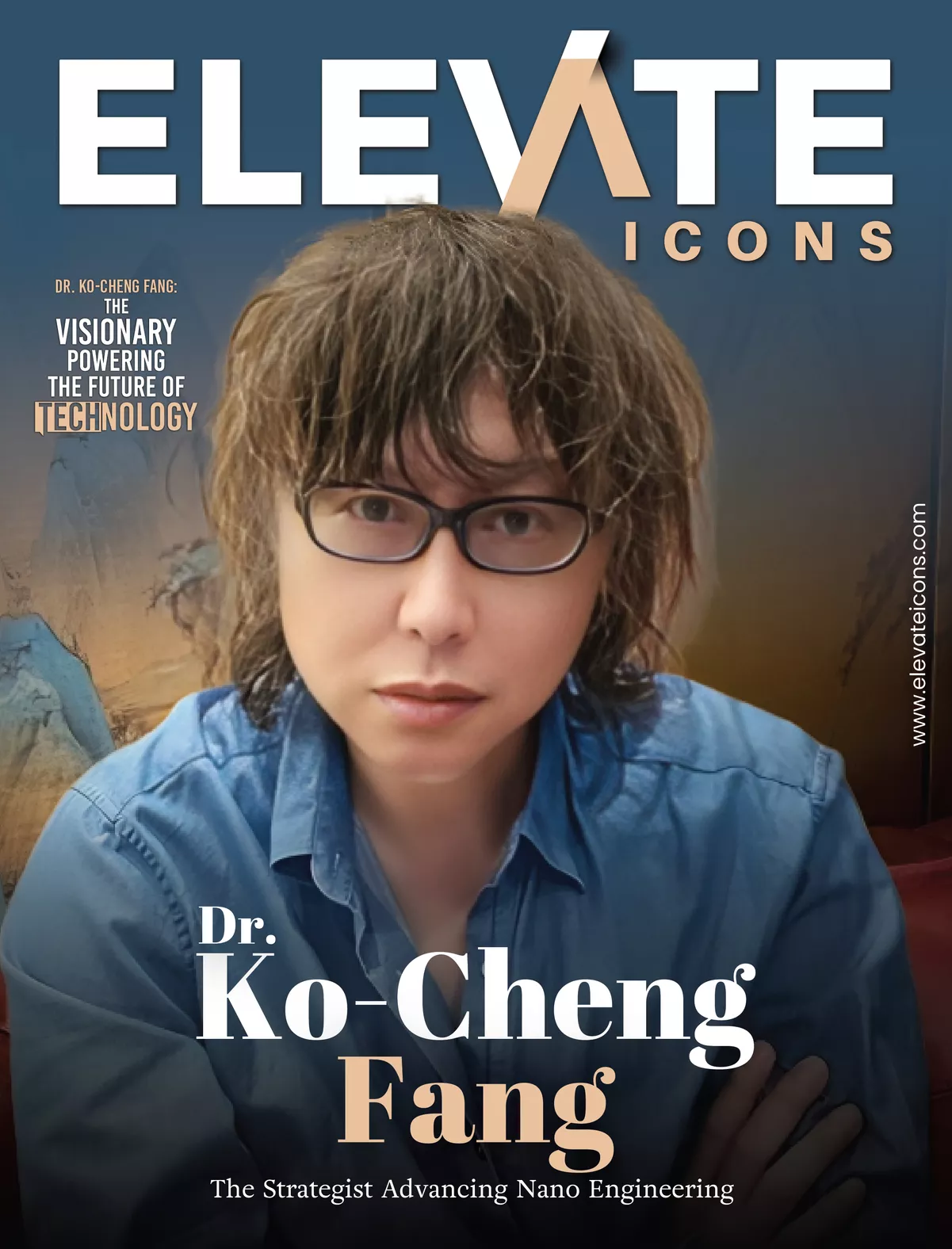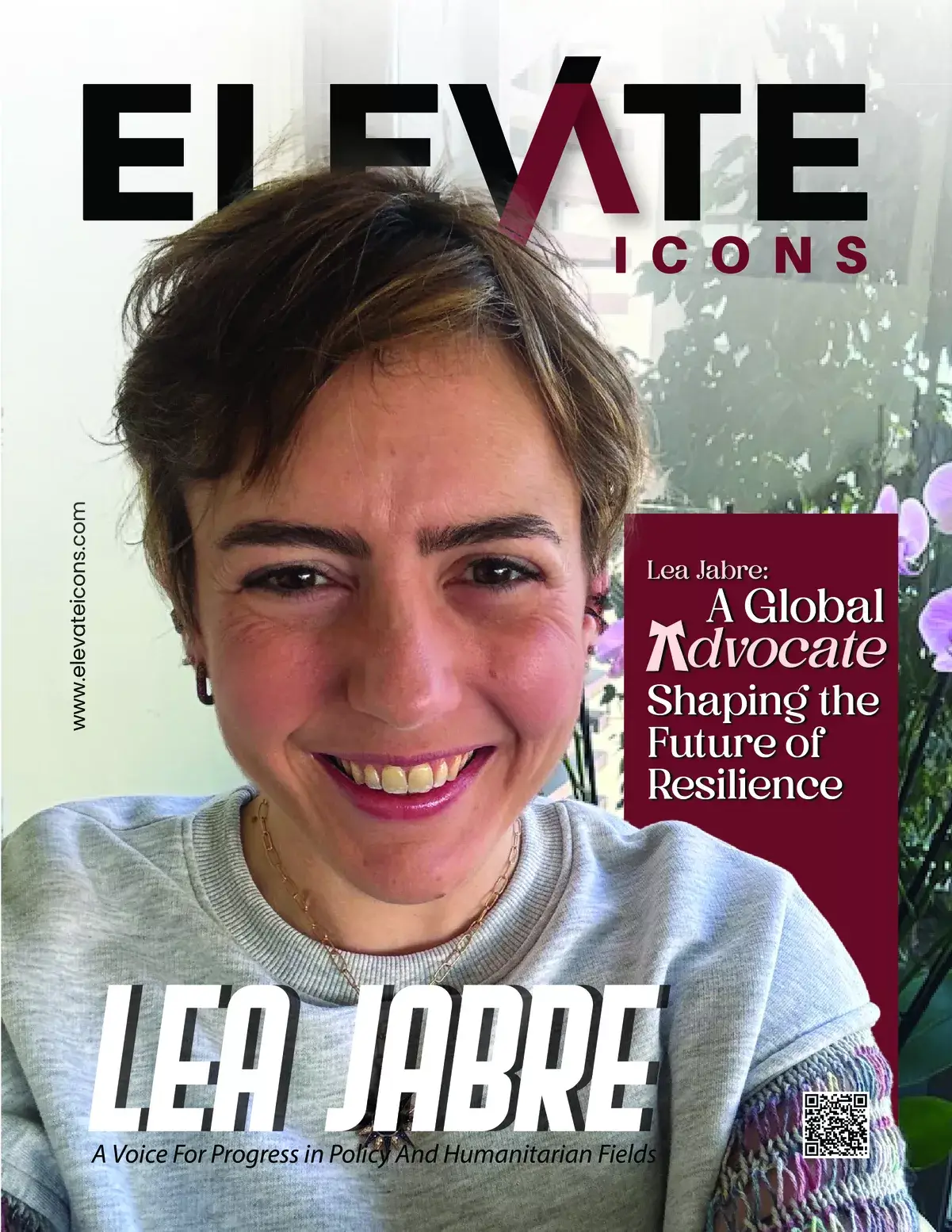Medicine has made tremendous progress in the last few years. From vaccines to medicines for orphan diseases, science is racing ahead. But backstage, it still takes years—and sometimes more than a decade—for a new medicine to hit the shelves. That’s where something new is entering the scene: generative AI.
Yes, the same technology that writes novels or creates digital art is now making massive strides in healthcare—accelerating innovation faster than ever before.
The Long Road of Drug Development
Developing a new drug isn’t just about having an idea. Scientists must understand the disease, test thousands of compounds, and examine how each affects the human body. This involves years of research, lab tests, animal studies, and human clinical trials.
Each step is slow. Every misstep is costly. On average, it takes 10–15 years and billions of dollars to bring a drug to market.
Now imagine cutting that timeline in half—generative AI is beginning to make that possible.
What Generative AI Actually Does
Generative AI is intelligent software that learns from massive datasets—chemical structures, clinical trial results, disease behaviors—and predicts potential solutions.
Instead of testing thousands of compounds manually, AI suggests the most promising candidates within hours. This allows researchers to focus only on the most viable options, speeding up the process and reducing costs.
In essence: AI does the heavy lifting so scientists can make smarter decisions, faster.
Faster Discovery Means Faster Hope
One of AI’s greatest strengths is speed. When facing new viruses or rare diseases, time is critical. Generative AI allows researchers to act quickly, potentially saving lives.
During COVID-19, AI helped understand the virus faster and assisted in vaccine target identification. Now, that same tech is being used to tackle cancer, Alzheimer’s, and ultra-rare conditions.
For patients, this means quicker access to treatments. For families, hope arrives sooner.
More Accuracy, Less Waste
Traditional drug discovery often wastes time and resources on ineffective compounds. With AI, that list can be trimmed before lab work begins.
AI can also anticipate side effects by modeling how drugs interact with the body, leading to safer clinical trials and better drugs.
Helping Smaller Firms and Rare Diseases
In the past, only large pharmaceutical companies could afford long R&D timelines. But generative AI makes drug discovery cheaper and more accessible, leveling the playing field for smaller biotech firms.
It also enables more research into orphan diseases—rare conditions often overlooked due to low profitability. AI makes this work more efficient and viable.
This is a major step toward more inclusive and equitable healthcare.
Working Together, Not Replacing Humans
Generative AI isn’t replacing doctors or researchers—it’s a clever assistant. Humans still drive the big discoveries. AI just streamlines the journey.
Many companies now use a “human-AI team” approach: scientists guide the AI, and the AI offers faster, more refined insights. It’s collaborative science at its best.
What This Means for the Future
Generative AI is not a passing trend—it’s becoming core infrastructure in pharmaceuticals.
Looking ahead, we can expect:
-
More personalized medicine tailored to individual DNA and health conditions
-
Fewer side effects and shorter hospital stays
-
Adaptive drugs that respond to evolving viruses and bacteria
In short, healthcare will become smarter, faster, and more patient-focused—and AI is helping drive that future.
Behind the scenes, while AI might be writing stories or powering chatbots, it’s also solving some of our toughest medical challenges.
For families waiting on a cure, for doctors seeking better options, and for scientists pushing boundaries—generative AI offers speed, intelligence, and hope.








